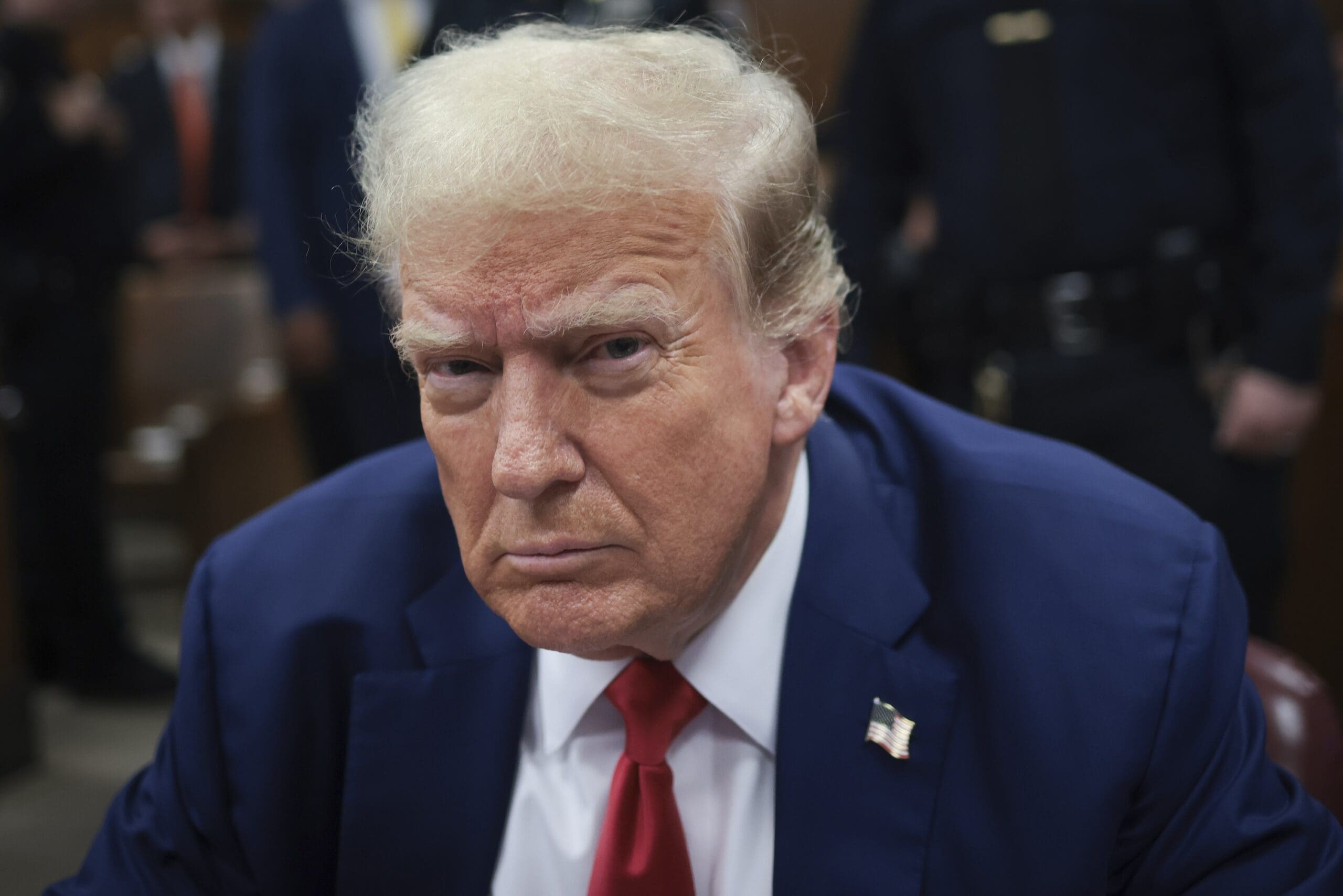Dental therapists can now work in Wisconsin, paving way for more affordable care
The mid-level providers can provide basic care such as cleanings and fillings.

Dental care may become more accessible to Wisconsinites after Gov. Tony Evers signed a bill on Jan. 31 allowing a new type of dental provider, known as a dental therapist, to be licensed and work in the state.
Dental therapists are providers that can offer basic dental care such as cleanings, fillings and extractions. The position falls somewhere between a dentist and a dental hygienist, a mid-level provider similar to a physician’s assistant in a doctor’s office.
“The health and well-being of our state and our economy depend on the health and well-being of our communities, including ensuring that all Wisconsinites have access to quality, affordable healthcare. I am proud to sign these five bipartisan bills that will move us forward in our work to address shortages and bolster our dental healthcare workforce while also closing gaps in access across the state,” Evers said in a press release.
Many rural and low-income residents struggle to access affordable dental care in Wisconsin. According to January 2024 data from the U.S. Department of Health and Human Services, there are 160 areas in Wisconsin with a shortage of dental providers. Most of those gaps are in rural areas, but there are also shortages in tribal regions and correctional facilities and among low-income populations and Medicaid patients.
Dental therapists don’t make as much money as dentists and can provide dental care at lower cost to patients. The bill Evers signed requires them to work in areas with federally defined dental care shortages, or where at least 50% of the population are members of underserved communities such as uninsured patients, those on Medicaid, residents in long-term care facilities, tribal citizens, and veterans.
Lower-cost care would especially benefit patients who use Medicaid. Just under 38% of Wisconsin dentists take patients covered by Medicaid, or the state’s BadgerCare program, because many say it doesn’t pay enough to cover costs, according to the Wisconsin State Journal.
Dental therapists will be allowed to work in Wisconsin health care facilities under the supervision of a dentist. They’re likely to fill gaps in federally funded clinics around the state, and according to the National Partnership for Dental Therapy, they are able to provide off-site care, traveling to schools or nursing homes to treat patients.
To receive a license in Wisconsin, a dental therapist will need to graduate from a training program accredited by the American Dental Association and pass any exams required in order to be licensed by the Dental Examining Board.
Wisconsin now joins 13 other states that license dental therapists, after many years during which legislators tried to pass bills that would have made such licensing possible. Bipartisan bills were introduced in 2017 and 2019 but were opposed by the Wisconsin Dental Association, Marquette University and the Academy of General Dentistry. Evers tried to pass the measure in his 2023-25 budget, but it was cut by Republicans in the Joint Committee on Finance.
The Wisconsin Dental Association previously opposed allowing dental therapists to practice in the state because of fear the positions would compete with dentists. But the group didn’t oppose this latest bill.
Evers also signed bills that will allow technical colleges to request funding for dental training programs, allocate $350,000 annually to the Marquette University School of Dentistry to help recruit and train dentistry students in rural areas, and provide nearly $4.8 million to expand the Children’s Hospital Dental Center.




